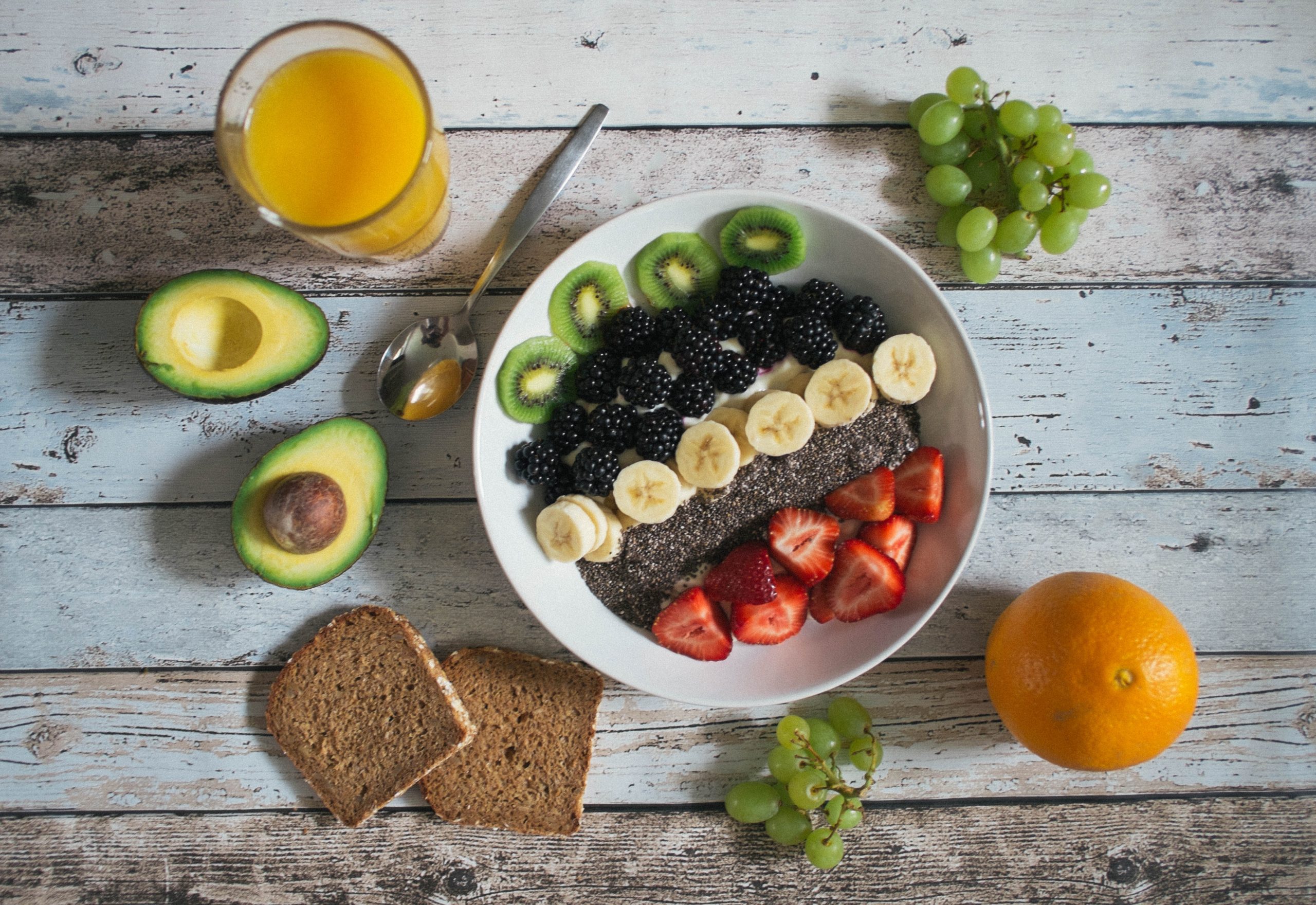Is A Plant-Based Diet Right For You??
It’s happening, a food revolution is upon us. More and more people are ditching the meat and exploring the option of eating plant-based foods. In 2015, eight percent of Canadians self-identified as vegetarian or mostly vegetarian, and a quarter of Canadians said they were trying to limit red meat. The younger generation was more likely to follow a vegetarian diet; 12% of people aged 18-24 said they were vegetarian 1.
You’ve probably heard someone saying they’re vegan but what does that actually mean? And what do they eat besides lettuce? A vegan consumes no animal products, this includes the obvious like chicken, beef, pork and fish, but also means no animal by-products like eggs, butter, milk, or cheese. Many vegans also choose to avoid honey as it comes from an animal. So what’s left to eat? A wealth of fresh fruits and vegetables, whole grains, nuts, seeds and legumes! People come to meat-free diets for a variety of reasons including concern for animals, environmental benefits, and health reasons. So how do you know if it’s right for you? Read on for some of the benefits and what to watch out for!

Benefits
Going meat-free leads to a whole host of documented health benefits including
• Better blood sugar control and management of type 2 diabetes
• Decreased saturated fat consumption
• Lower risk of heart disease
• Increased fibre intake
• Reduced risk of certain cancers
• Healthier weight
Most people also find increased energy on this type of diet due to the variety of fresh fruits and vegetables. Well-planned vegetarian or vegan diets allow people to meet all their daily nutrient requirements; however, there are some nutrients that require special attention.
What to Watch Out For
Iron
Our bodies need iron as part of hemoglobin which transports oxygen in our bloodstream. Without it we feel tired and anemia may result. The type of iron that comes from plants (non-heme iron) is less well absorbed than the type from animals, but don’t despair, research shows that vegetarians are no more likely to be anemic than meat-eaters. You can also increase your iron absorption by eating Vitamin C alongside iron-containing foods (for example a stir-fry with tofu and red peppers).
Vitamin B12
Vitamin B12 is only from animal sources which means vegetarians can get it from milk, cheese and eggs, but strict vegans may be at risk of deficiency. Consider taking a B complex supplement, or eating fortified foods such as non-dairy milk, tofu, cereals, or fermented foods such as kimchi or tempeh.
Protein
People are often concerned about getting enough protein without the meat. People need roughly 0.8 g/kg of body weight; this means a 150lb person would need about 54g of protein per day. To put that in perspective, one cup of chickpeas has 39g of protein. Those following a plant-based diet should eat a variety of protein sources to ensure they get all the required amino acids.
Switching to a plant-based diet has many health benefits and even decreasing your meat consumption slightly helps. Try incorporating Meatless Mondays into your routine as a way to transition, or cut back to consuming meat at only one meal per day. If you’re trying a full vegetarian or vegan diet, eating a variety of foods is your best bet to make sure you get all required nutrients. Avoid relying on packaged, processed, and refined food and consume as much fresh food as possible to get the maximum benefits. If you want to explore plant-based diets or have questions, book an appointment with me to discuss! E-mail [email protected] for more info.

